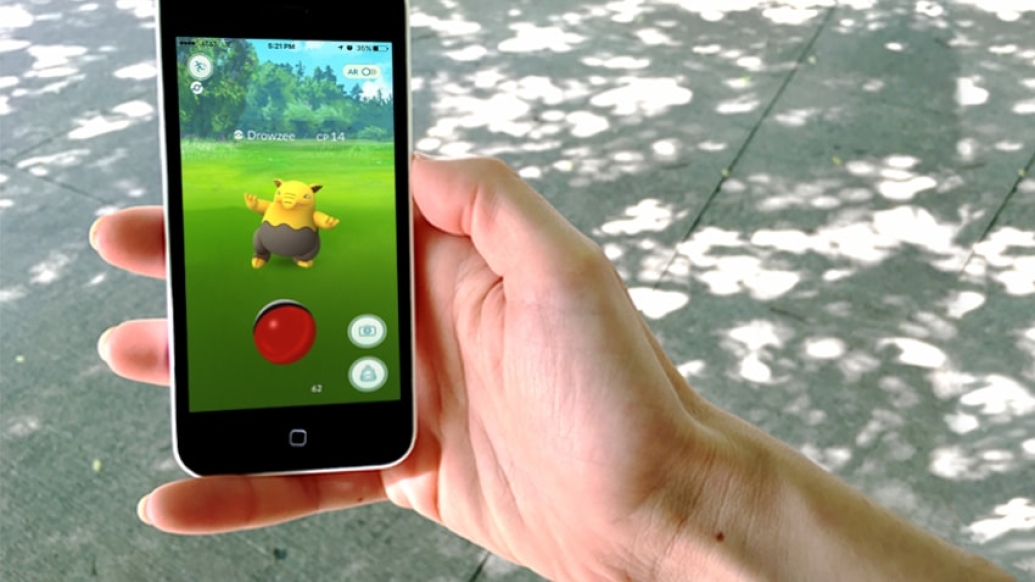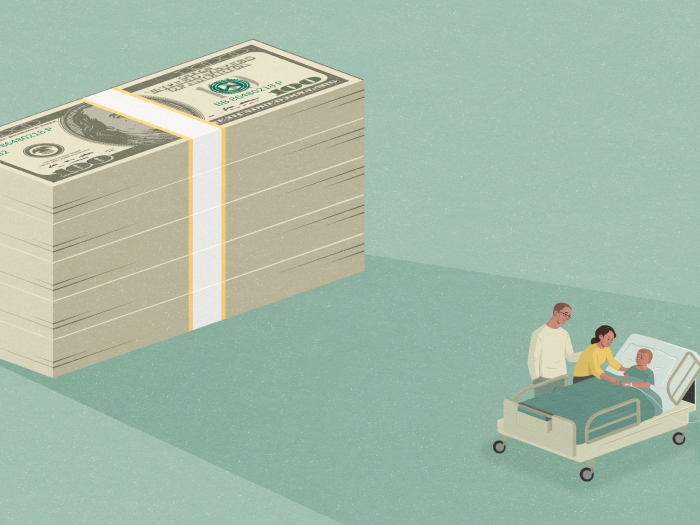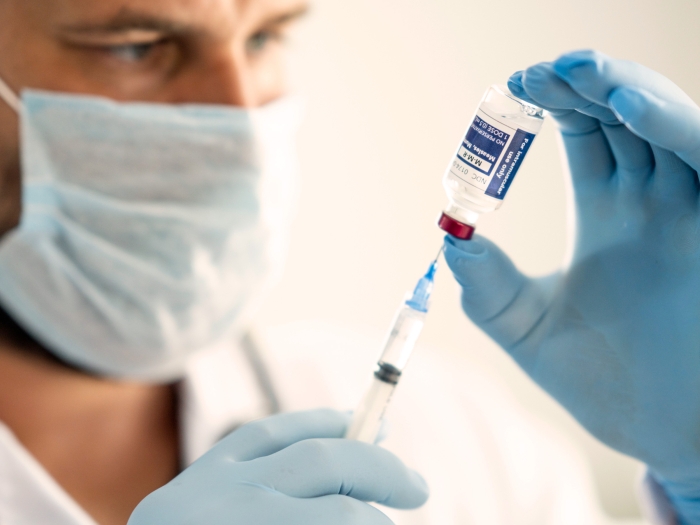The hottest virtual game has real-life benefits. How parents and kids can play with a purpose.
11:00 AM
Author |

Beyond the thrill of the quest to catch 'em all, other curious benefits have emerged from the worldwide Pokémon Go craze.
Among the potential perks: an excuse to get moving and a means of easing anxiety and depression.
SEE ALSO: What Science Says About Letting Your Baby 'Cry It Out'
It also has the potential to boost family bonding.
That's because the new augmented reality game, in which players use the GPS and camera of their smartphone or tablet to make the virtual critters appear onscreen as if they were present in real life, is no armchair pursuit. To locate the Pokémon, users are required to explore their own surroundings.
For some parents, that could be a welcome shift from the solitary (and stationary) nature that characterize kids' typical technology habits — and a chance to converse while working together to nab characters such as Pidgey, Rattata and Squirtle.
"In regards to screen time, parents and kids are often at odds with each other," says Nicholas Helmstetter, M.D., a third-year resident in internal medicine and pediatrics at the University of Michigan.
A shared hour or two spent walking around the neighborhood on a Pokémon hunt — even if the phone itself is a focal point — can be constructive.
And for moms and dads that came of age when the Pokémon franchise first came to prominence 20 years ago, the nostalgia factor might offer common ground.
Notes Helmstetter, himself a Pokémon Go player: "Doing things like this can add another level to the relationship; learning from each other. It's a two-way street."
Users young and old, meanwhile, can always benefit from more exercise.
Ensuring a good time
Along with having fun have been concerns over safety.
Adult supervision, Helmstetter says, is key to help younger Pokémon Go players from wandering into unsafe spaces or traffic — and avoiding stranger danger.
It's important, he adds, to remind kids to stay alert when walking and to be mindful of private property. Older children might be permitted to travel in groups.
Since PokeStops (locations where players get items to lure Pokémon) and gyms (spots where trainers can virtually battle one another) could be almost anywhere, users shouldn't proceed to places that appear desolate or dangerous under any circumstance.
Although the likelihood is rare, they also should keep watch for suspicious or criminal activity tied to Pokémon Go usage and immediately tell an adult if needed.
An element of courtesy, depending on the location of a player's latest "capture," may apply.
At C.S. Mott Children's Hospital, where Pokémon Go has become a popular diversion for patients (and some parents, too), signs recently went up reminding hunters not to take photos when other people are in the frame due to privacy concerns.
Says J.J. Bouchard, a digital media manager for the Child & Family Life team at Mott: "We're trying to embrace the Pokémon craze while taking steps to be sure people are being safe and respectful of others."
A last warning: It doesn't hurt to emphasize that the game should never be played while driving.

Explore a variety of healthcare news & stories by visiting the Health Lab home page for more articles.

Department of Communication at Michigan Medicine
Want top health & research news weekly? Sign up for Health Lab’s newsletters today!





